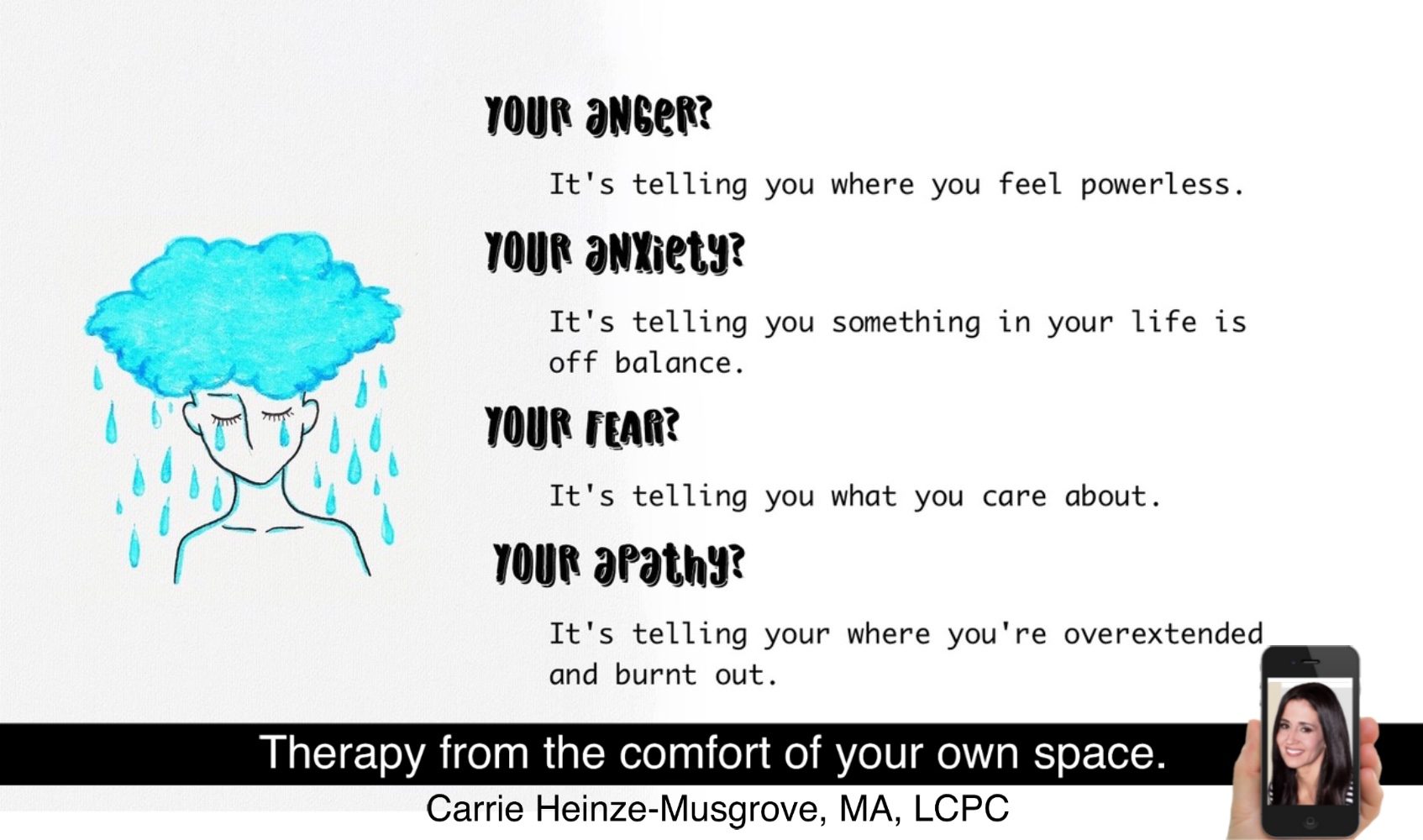Are you easily overwhelmed or angered? Do you believe you are at fault for many of your problems? Do you avoid anything that makes you feel emotional? Do you struggle with rejection, loneliness and guilt? Are you misunderstood?
Intense emotions weaken your ability to solve problems and can get in the way of creating the kind of relationships and life you want.
Stifling your emotions doesn’t make you strong, despite what society tells us. Not learning how to deal with your emotions leads to an increase in stress, anxiety and depression and takes a toll on your confidence and self-worth.
It is important to be able shift your emotions when they are no longer serving you. To heal your mind, you need to experience the emotions that go with your story.
Feelings are informational. They can tell you:
1. It’s time to make a major change or do things differently.
2. It’s time to confront the pain.
3. Something is scary.
4. Someone is being unloving to me.
5. I am being unloving to myself.
Recognizing, understanding and learning how to control your emotions is difficult. It takes strength and courage to face sadness, fear, rejection and uncomfortableness head on.
What you learned about handling your emotions as a child is most likely what you are still doing today, unless you consciously worked on a healthy method to cope with intense or uncomfortable feelings.
Patterns can be found in your thoughts and behaviors by completing the following sentence:
“I hate feeling this way so I’m going to _________?
If you look at your answer to this question, are you really addressing the feeling or are you just distracting yourself hoping the emotion passes?
Once you recognize how you feel, you can take steps to help yourself cope with the emotions effectively. Your feelings are a source of information that provide you with insight into yourself. The more attuned you become to your feelings, the better you become at deciphering and determining what to do with them.
If you don’t want to feel this way, change how you feel by either changing the way you think (or what you’re thinking about) or how you’re behaving. Distracting or avoiding feelings doesn’t change them. It only prolongs their effect on your life.
Learning how to regulate your emotions is the key component of mental strength. When you finally face the feelings that are holding you back, you make room in your life to become the best and strongest version of yourself.
Carrie






